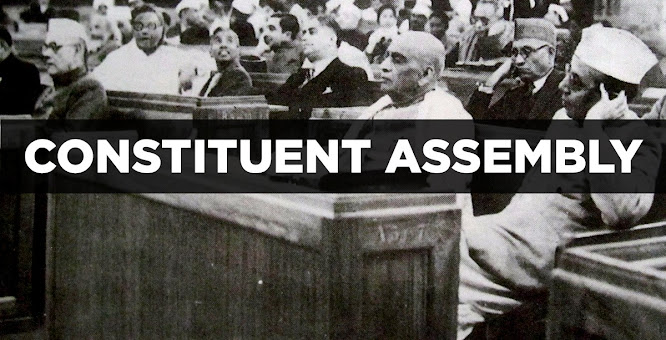Understanding the Negotiable Instruments Act, 1881 – A Legal Overview
Negotiable Instruments Act, 1881 – Key Concepts, Section 138 & Legal Remedies
Author: Harsh Katheriya, Lawyer
Legal Researcher | Law Content Creator | Legal Awareness Blogger
What is the Negotiable Instruments Act, 1881?
The Negotiable Instruments Act, 1881 is a significant legislation in Indian commercial law that governs financial instruments such as promissory notes, bills of exchange, and cheques. These instruments are crucial for secure and efficient transactions in daily business and trade.
What Are Negotiable Instruments?
A negotiable instrument is a written document that promises or orders the payment of a fixed amount of money, which can be transferred to others.
Types of Negotiable Instruments
| Instrument | Meaning & Usage |
|---|---|
| Promissory Note: - | A written promise to pay a fixed amount to a specific person |
| Bill of Exchange: - | An order to one party to pay a third party on a future date |
| Cheque : - | A bill of exchange drawn on a bank, payable on demand. |
Key Features of Negotiable Instruments
-
Transferability: Easy to transfer ownership
-
Holder in Due Course: Gets full legal title
-
Legal Presumption: Signature and consideration are presumed
-
Enforceability: Can be used as legal evidence in court
Section 138 – Cheque Bounce Law in India
One of the most discussed provisions of this Act is Section 138, which addresses the dishonour of cheques due to insufficient funds or stop-payment instructions.
Conditions for Section 138 to Apply:
-
The cheque must be issued for a legal liability or debt
-
It should be presented to the bank within 3 months
-
The payee must send a written demand notice within 30 days
-
The drawer must make the payment within 15 days of notice
🛑 If payment isn't made, the drawer can be prosecuted with:
-
Imprisonment up to 2 years
-
Fine up to twice the amount of the cheque
-
Or both
Legal Relevance Today
The Act helps build:
-
Trust in business transactions
-
Enforceable remedies against defaulters
-
A smooth financial system backed by law
Final Thoughts
The Negotiable Instruments Act, 1881, especially Section 138, plays a vital role in maintaining financial discipline and legal accountability. For students, legal professionals, or business owners, knowing this law can protect your rights and offer timely legal remedies.
📢 Disclaimer: This article is meant for general informational purposes only and does not constitute legal advice. Always consult a qualified legal professional for your specific case.
Title: Negotiable Instruments Act, 1881 – Key Concepts, Section 138 & Legal Remedies
Description: Learn the essentials of the Negotiable Instruments Act, 1881 – including promissory notes, cheques, bills of exchange, and Section 138 on cheque bounce cases. A must-read for law students, professionals, and business owners.









Comments
Post a Comment